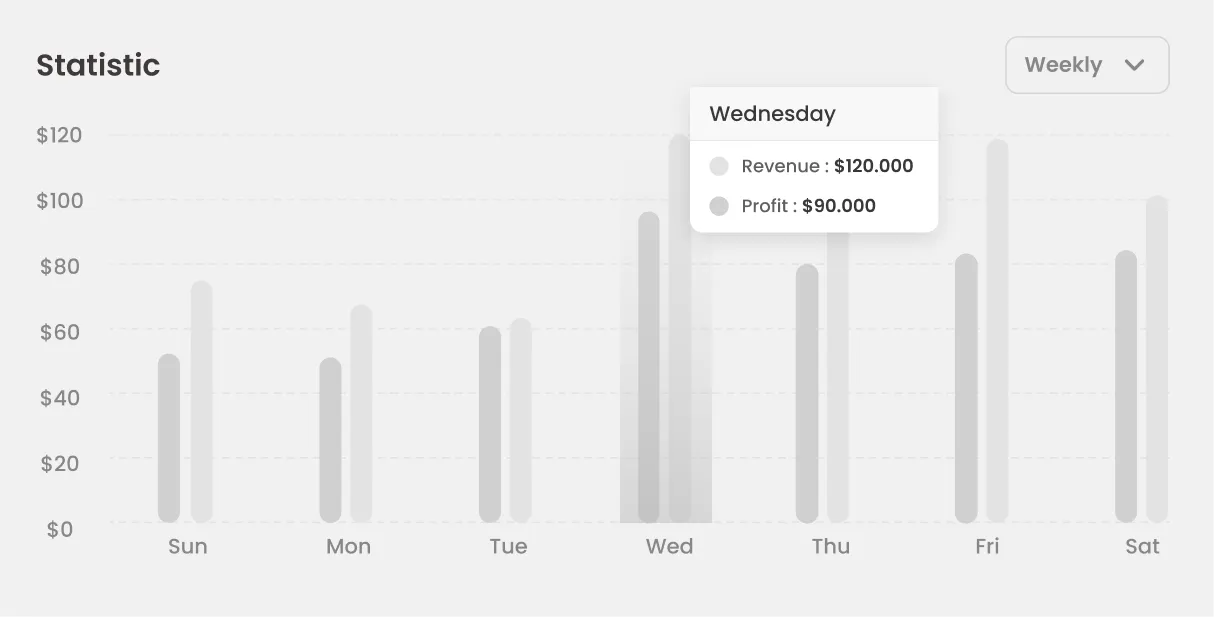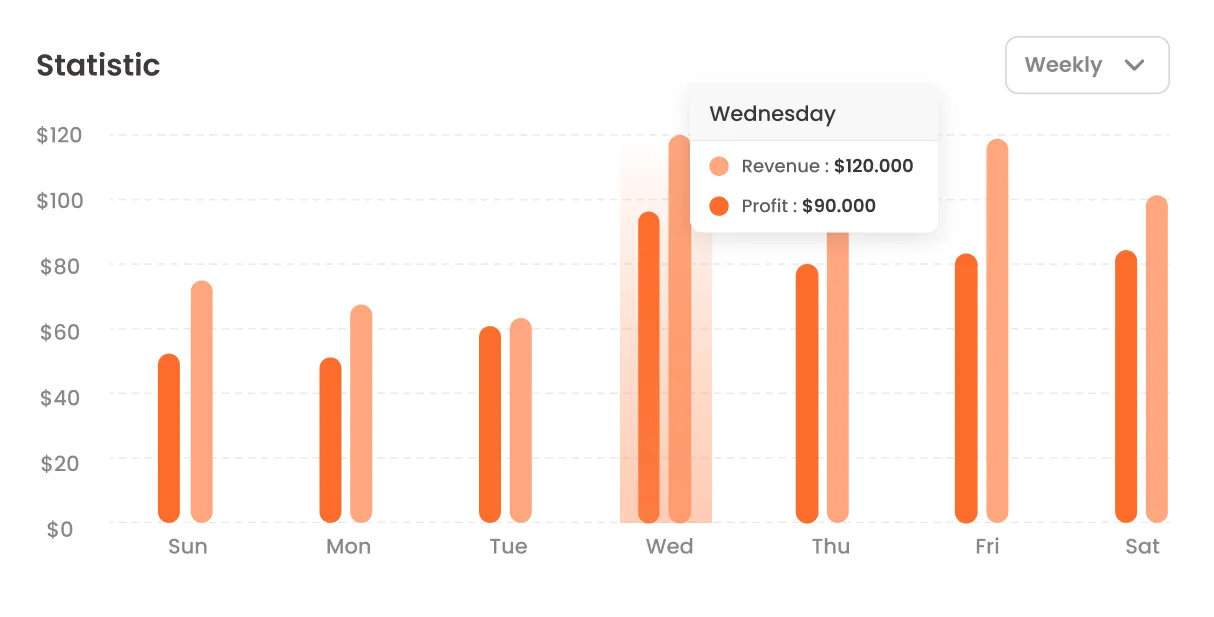Optimisation de l’Immunosuppression Post-Transplantation Rénale avec l’IA
Optimiser l’immunosuppression par le tacrolimus (Tac) après une transplantation rénale est crucial pour prévenir le rejet et minimiser les effets secondaires. Le Tac a une marge thérapeutique étroite (MTE) et une variabilité interindividuelle élevée, nécessitant une individualisation des doses.
Nous visons à créer un algorithme de prédiction de dose stable de Tac basé sur l’intelligence artificielle (IA).
ILLUSTRATIONS  LOGO DESIGN
LOGO DESIGN  UI/UX DESIGN
UI/UX DESIGN  BRANDING DESIGN
BRANDING DESIGN  DEVELOPMENT
DEVELOPMENT  ILLUSTRATIONS
ILLUSTRATIONS  LOGO DESIGN
LOGO DESIGN  UI/UX DESIGN
UI/UX DESIGN  BRANDING DESIGN
BRANDING DESIGN  DEVELOPMENT
DEVELOPMENT
ILLUSTRATIONS  LOGO DESIGN
LOGO DESIGN  UI/UX DESIGN
UI/UX DESIGN  BRANDING DESIGN
BRANDING DESIGN  DEVELOPMENT
DEVELOPMENT  ILLUSTRATIONS
ILLUSTRATIONS  LOGO DESIGN
LOGO DESIGN  UI/UX DESIGN
UI/UX DESIGN  BRANDING DESIGN
BRANDING DESIGN  DEVELOPMENT
DEVELOPMENT
Méthodologie
L’étude rétrospective inclut des patients transplantés rénaux des CHU Sahloul et La Rabta en Tunisie. Le génotypage des patients du CHU La Rabta a été réalisé via PCR-RFLP pour sept polymorphismes des gènes CYP3A5, CYP3A4, ABCB1, et POR. Un algorithme de régression linéaire validé au CHU Sahloul a été testé sur la population du CHU La Rabta. Ensuite, un algorithme prédictif de dose stable de Tac basé sur l’apprentissage automatique supervisé a été développé et optimisé.
1 - Website Optimization
2 - Targeted Keyword Implementation
3 - Content Enhancement
4 - Technical Improvements
5 - Performance Monitoring
Strategic Solutions 
01
- Prioritized understanding unique client needs.
- Informed decisions through detailed analysis for tailored solutions.
02
- Emphasized the pivotal role of data in shaping effective solutions.
- Leveraged analytics for actionable insights, aligning solutions with client goals.
03
- Recognized the dynamic client environment.
- Adopted agility for quick adaptations, fostering continuous innovation.
04
- Seamless collaboration with the client.
- Sustained partnership for effective problem-solving with active client involvement.
Implementation & Execution 
Strategic Planning
Agile Development
Campaign Management
Results & Outcomes 

